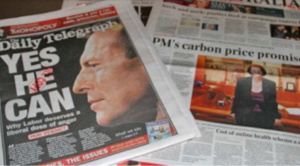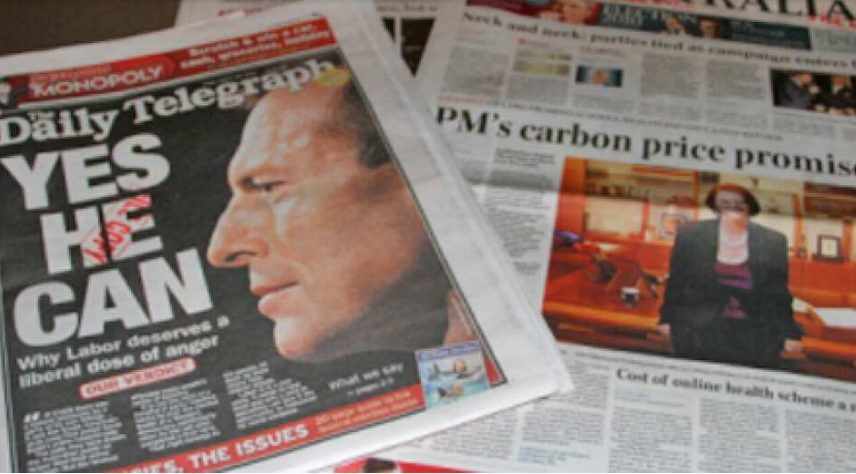Australia has overwhelmingly voted no to recognising Indigenous people in its constitution and enshrining a First Nations voice to parliament on matters that affect them.It is a brutal end to a proposal put forward by Indigenous leaders to address entrenched disadvantage in their communities and heal the wounds of colonisation.

Here is how world and national media reacted to the outcome.Britain’s national broadcaster reported: “Australia has overwhelmingly rejected a plan to give greater political rights to Indigenous people in a referendum.”
The BBC characterised the campaign as “fraught and often acrid”, pointing to the no camp’s claim – unfounded according to Australia’s leading constitutional minds – that the voice would be divisive and create a “special class of citizens” that had more rights than others.
The result would leave Australia’s prime minister, Anthony Albanese, “searching for a way forward”, the BBC reported.The result would leave Australia’s prime minister, Anthony Albanese, “searching for a way forward”, the BBC reported.“New Zealand is looking across the ditch to Australia and I think many at least Pakeha New Zealanders [New Zealanders of European descent] are probably puzzled that what is in their eyes such a modest proposal is struggling to win sufficient votes,” said historian Bain Attwood, adding that Māori people have long been granted a political voice.
The New York Times covered news of the defeat with the headline: “Crushing Indigenous hopes, Australia rejects ‘voice’ referendum”.In a long article, Sydney-based correspondent Yan Zhuang spoke to Indigenous Australians who saw the voice as “Australia taking a step to do right by them after centuries of abuse and neglect”.
It centred on Indigenous voices from Fitzroy Crossing in remote Western Australia, which from 1990 to 2005 had an elected body that gave advice to the government and was considered by locals better than the current alternative.But, Zhuang wrote, confusion, suspicion and unrealistic fears drove Australians to ultimately vote no: “I’m not normally a suspicious person, but there’s a secret agenda we were never going to be told about,” said one Sydney resident who spoke to the New York Times.
Zhuang reported on the views of experts and Indigenous leaders that Australians are aware of the disadvantage confronting the Indigenous population, but “see these problems as failures of Indigenous people and communities, rather than of the systems that govern them”.Joe Ross, an Aboriginal leader in Fitzroy Crossing from the Bunuba tribe, told the New York Times the debate and the ensuing result had “shown the real underbelly of this country”.
New Zealand gained a new prime minister after Labour lost to the conservative National party on the same night as the referendum. The New Zealand Herald reported “advocates for constitutional change in Australia were devastated on Saturday by the defeat”.About an hour before the defeat was made official, the Herald published a story with comments from a Papua New Guinean academic, the University of Canberra’s Dr Bal Kama, who said the no vote would be a setback Australia’s relations with the Pacific.
